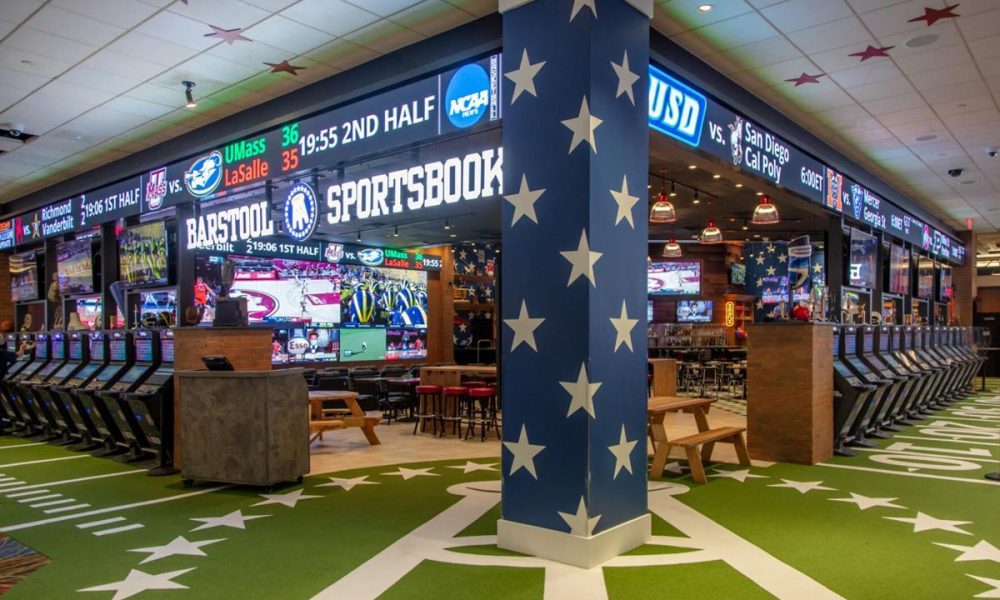After having dinner with Penn National Gaming CFO Felicia Hendrix, Truist Securities analyst Barry Jonas “left [feeling] incrementally positive on the story.”
Penn management declared its customer demographic “healthy,” except in the older age groups, which were “lagging.” Triangulating Penn’s earnings guidance with state-reported gross gaming revenue, Jonas concluded that there could be real upside to Penn’s forecasts for 2022. He described the company’s online sports betting (OSB) strategy as “profit-first” and expected subsidiary theScore to launch in Ontario next month.
Jonas also predicted that Penn would exercise its option to buy all of Barstool Sports by early 2023, “which we think could shift the narrative beyond gaming to media.”
Penn leadership “highlighted continued confidence in their interactive strategy, which leans on the loyalty of the Barstool base (e.g., giving away merchandise and access to Barstool personalities) over expensive marketing/promo spend.” Indeed, Barstool’s customer acquisition cost ranges from $100 to $150 per customer.
Barstool marketing is 18 percent to 30 percent of its gross gaming revenue, whereas competitors are averaging anywhere from 64 percent to 105 percent. (Two OSB rivals, WynnBet and Twin Spires, are already folding their hands, while Caesars Entertainment is eliminating its media campaigns.) The company “reiterated its strategy has never been about driving higher share (beyond its ~12% targets), but instead emphasizing profitability and customer stickiness with retention greater than expectations/typical digital companies.”
Looking back at Feb. 3’s earnings report, Jonas observed that the fourth-quarter results from 2021 “reflected some conservatism, given bad weather and omicron impacts in January.” Based on what individual states are reporting independently, those numbers are improving, a trend that Jonas expressed a cautious hope would continue.
Compared to 2021’s record revenues, same-store growth this year is anticipated to be flat. Challenged properties include Ameristar East Chicago, facing Hard Rock Northern Indiana; L’Auberge du Lac in Lake Charles, where Caesars Entertainment is building a new Horseshoe-branded casino; and Council Bluffs, Iowa, soon to be hit with competition from racinos in Nebraska.
Despite bad weather, omicron case loads, and “broader macro uncertainty/Ukraine,” Penn was steadfast about its customer base. “Spend per trip remains higher with visitation still down.”
As for higher prices at the gas pump, Hendrix and colleagues noted that gambling is historically resilient in the face of such inflationary pressures, which make regional gaming options more attractive than destination ones. Gamblers aged 65 and older are not back to pre-COVID levels, but Penn has seen “strong growth” from the younger cohort.
Penn also followed up on its August pact with Everi to support its mychoice digital, a cashless, cardless, and contact-free initiative. Pending regulatory approval, Penn execs expect it to be available nationwide by the end of the year. Pluses to an Everi-powered mychoice were described as “increased velocity and ease of use, along with heightened marketing capabilities.”
While management expects casino cash-flow margins to hit 37 percent in 2022, it thinks the hyper-charged mychoice could drive those higher still.



